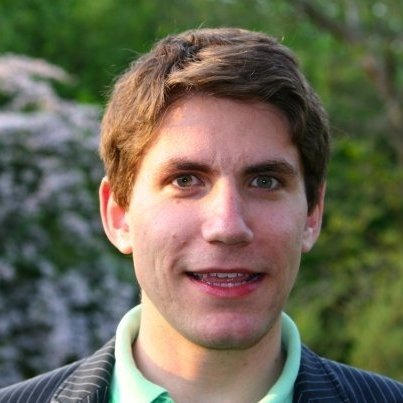The Parthenon Sculptures and Exoplanets Explored in Two Lectures at Institute for Advanced Study

PRESS CONTACT: Alexandra Altman, (609) 951-4406
On Friday, November 7, two former Members of the Institute for Advanced Study will return to give a pair of public lectures—one on the Parthenon sculptures and the other on finding signs of life on exoplanets. Joan Breton Connelly, Professor of Classics at New York University, will discuss “The Parthenon Sculptures: Decoding Images of Ancient Myths,” and Hanno Rein, Assistant Professor at the University of Toronto, will explore “Finding Signs of Life on Earth-Like Exoplanets.” The lectures will begin at 4:30 p.m. in Wolfensohn Hall on the Institute campus, and are sponsored by the Association of Members of the Institute for Advanced Study (AMIAS).
In the first talk, Connelly will explore how the Parthenon sculptures conveyed genealogical myths that answered for the Athenians the basic human question: Where do I come from? She will show how cosmic and epic narratives, and the great boundary catastrophes of war and deluge, established frameworks for understanding the distant past. Connelly will also demonstrate how the projection of these myths upon the great “billboards” of the Acropolis temples perpetuated a shared understanding of Athenian identity and educated young Athenians in the values upon which their democracy was based, chief among them, a willingness to sacrifice self-interest for the common good.
 |
|
Hanno Rein
|
In the second lecture, Rein will discuss using biosignatures to find signs of life, both in the Solar System and beyond. Additionally, Rein will explain why chances are good for finding an Earth-like exoplanet around a Sun-like star within the next few years, as well as the challenges faced when that planet is discovered.
Both lectures are free and open to the public. For more information about these and other events at the Institute, visit http://www.ias.edu/news/public-events.
About Joan Breton Connelly and Hanno Rein
Joan Breton Connelly, Hetty Goldman Member (2010–11) in the School of Historical Studies, is a classical archaeologist whose work focuses on Greek art, archaeology, myth and religion. A cultural historian, she examines topics ranging from female agency, to ritual space, landscape, rites of passage, identity, reception and performance. Connelly’s Portrait of a Priestess: Women and Ritual in Ancient Greece (Princeton University Press, 2007) was named among the Notable Books of the Year by the New York Times Book Review, won the Archaeological Institute of America’s James R. Wiseman Book Award and was named best scholarly/professional book in Classics and Ancient History by the Association of American Publishers. Her new book, The Parthenon Enigma (Knopf, 2014), has been named as Editor’s Choice by the New York Times. She is the recipient of a MacArthur Foundation Fellowship.
Connelly was a Classics major at Princeton University and, in 1984, received her Ph.D. in Classical and Near Eastern Archaeology from Bryn Mawr College where she later served as Assistant Dean and as a member of the Board of Trustees.
Theoretical astrophysicist Hanno Rein was a Member in the School of Natural Sciences from 2010–13. His research interests include exoplanets, planet formation, stochastic processes, celestial mechanics, Saturn’s rings, N-body codes, hydrodynamics and high performance computing. Rein’s public outreach efforts led to the development of an Exoplanet iPhone application, which is an interactive catalogue of all known exoplanets orbiting stars beyond the Solar System that allows you to explore the cosmic microwave background, galaxy clusters and the Milky Way. Downloaded by several million people, Rein’s Exoplanet application is one of the many projects completed while he was a Member at the Institute.
Rein earned his Ph.D. in 2010 from the University of Cambridge, as well as his Master of Advanced Study in Mathematics in 2007.
About the Institute for Advanced Study
The Institute for Advanced Study is one of the world’s leading centers for theoretical research and intellectual inquiry. The Institute exists to encourage and support curiosity-driven research in the sciences and humanities—the original, often speculative thinking that produces advances in knowledge that change the way we understand the world. Work at the Institute takes place in four Schools: Historical Studies, Mathematics, Natural Sciences and Social Science. It provides for the mentoring of scholars by a permanent Faculty of approximately 30, and it ensures the freedom to undertake research that will make significant contributions in any of the broad range of fields in the sciences and humanities studied at the Institute.
The Institute, founded in 1930, is a private, independent academic institution located in Princeton, New Jersey. Its more than 6,000 former Members hold positions of intellectual and scientific leadership throughout the academic world. Thirty-three Nobel Laureates and 40 out of 56 Fields Medalists, as well as many winners of the Wolf and MacArthur prizes, have been affiliated with the Institute.